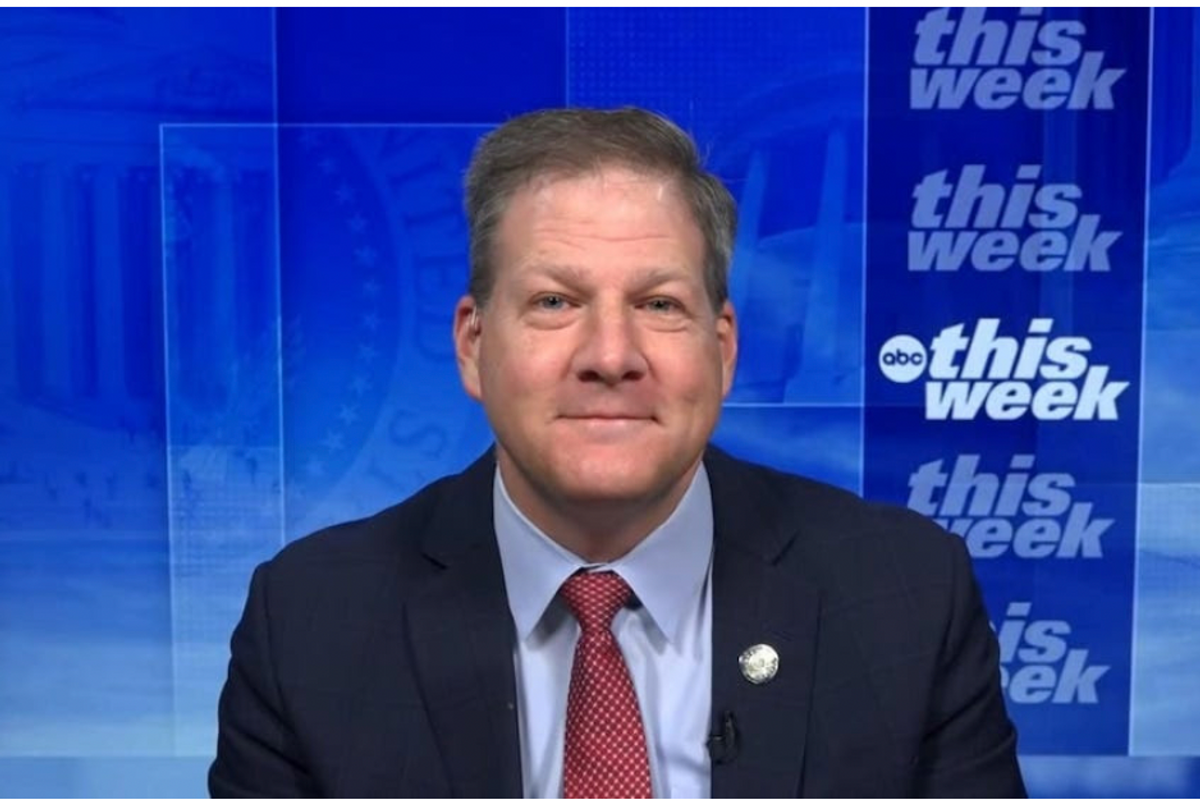WASHINGTON — Mitt Romney can argue that winning ugly is still winning, especially in a contest he could not afford to lose. But Romney’s decisive victory in Florida came at a price. He aggravated Newt Gingrich’s hostility to him, with all the trouble that could entail, and left behind a dispirited Republican electorate in a state the GOP needs to win this fall.
At least until now, this primary process has weakened rather than strengthened Romney. It has sowed doubts that he has any understanding of how average people live, and opened up a slew of questions about his personal wealth and the taxes he pays.
These queries will come back again and again, and some will be hard for him to answer, notably whether he will disclose as much about his taxes to the voters in his 2012 quest for the presidency as he turned over to John McCain’s vetters in 2008, when Romney was merely pursuing the vice presidency.
None of this will diminish the short-term elation that Romney’s advisers feel. Just 10 days ago, the polls suggested he could lose the Florida primary to Gingrich. Had this happened, establishment Republicans would have turned on Romney and begun a clamor for a late-entry savior candidate to keep the party from nominating the entertaining but erratic former House speaker.
Thus one of Romney’s overlooked political achievements: his apparent success following his South Carolina defeat in persuading enough Republican officeholders that only he stood between Gingrich and the nomination. They lined up to denounce Gingrich, reinforcing a massive advertising campaign that pummeled Gingrich unsparingly.
Because Romney and his allied super PAC devoted almost all their resources to eviscerating Gingrich, the now indisputable front-runner minimized the amount of positive advertising about himself — a lost opportunity to build his image in a key swing state.
One result was a less than enthusiastic Republican electorate. The exit polls found that fewer than 60 percent of Tuesday’s Republican primary voters said they were satisfied with their presidential field; after watching months of campaigning, nearly 40 percent still said they would like someone else to run for the nomination — a high number, since it reflected the views of Republicans who took the trouble to vote. Romney’s victory was in large part a negative verdict on Gingrich, viewed unfavorably by 40 percent of those who cast ballots.
Even Romney’s supporters had doubts about him: He won 46 percent of the Florida vote, but only 34 percent of the same electorate saw him as the Republican candidate who “best understands the problems of average Americans.” Roughly a quarter of Romney’s own voters denied him this distinction.
Romney’s perceived distance from workaday America is a major difficulty for him nationwide. On the eve of Florida’s primary, the Pew Research Center released a survey reporting that while 55 percent of all voters and 53 percent of independents saw President Obama as understanding the problems of average Americans “very well” or “fairly well,” only 39 percent of all voters and 38 percent of independents said this of Romney. A near majority rated Romney negatively on this dimension.
And as Washington Post blogger Greg Sargent pointed out in drawing on a recent NBC/Wall Street Journal poll, Romney’s negative ratings among independents soared between November and late January, just before the Florida vote. A key question will be whether Romney can use his latest victory to prop up his personal approval — voters sometimes reward candidates who look like winners — or whether his relentlessly harsh tone will continue to weigh his image down.
As for Gingrich, he neither congratulated Romney nor conceded to him. Instead, he promised “to have people power defeat money power,” a Jacksonian riff echoing what will surely be the Democrats’ running commentary on a Romney juggernaut financed by corporate money and the rich. Exit polls in Florida showed that very conservative Republicans continue to resist the former Massachusetts governor. This will provide a base for an ongoing opposition that can harass Romney, even if it can’t stop him. Gingrich will take joy in being the lead harasser.
That Romney is still standing is something of an achievement. Judged by the standards of a political consulting textbook, his campaign executed a strategy in Florida that it had no choice but to pursue. Yet Romney won votes, not affection, a nod rather than an embrace. His is a competent campaign with the soul of a smoothly operating machine. That’s why so many Republicans continue to ask: Is this all there is?
E.J. Dionne’s email address is ejdionne(at)washpost.com.
(c) 2012, Washington Post Writers Group


